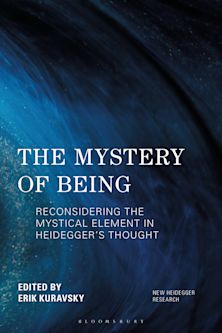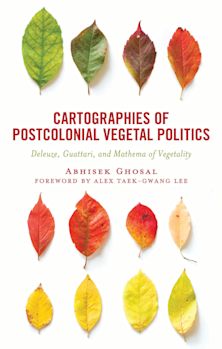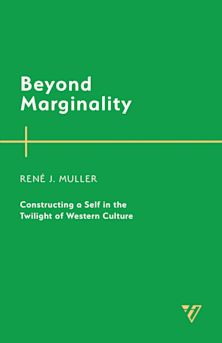- Home
- ACADEMIC
- Philosophy
- Philosophy - Other
- Self-Construction and the Formation of Human Values
Self-Construction and the Formation of Human Values
Truth, Language, and Desire
Self-Construction and the Formation of Human Values
Truth, Language, and Desire
You must sign in to add this item to your wishlist. Please sign in or create an account
Description
This volume presents a theoretical defense of the potential of ordinary individuals to construct values and through them to become self-empowering, responsible participants in a democratic community. Rather than conceiving of power as domination, the author identifies true power as self-empowerment, a notion based on self-construction. He proposes the vision of an authentically free self filled with a compassion that is a composite of reason and feeling. Such a composite self does not consciously manipulate language, truth, and desire to dominate and subordinate other individuals, but uses them to construct values and norms that can enrich others. To support his argument the author draws on both classical and contemporary philosophers, as well as on literary sources.
Table of Contents
The Analysis of Power: Foucault and Habermas
Self-Construction and the Formation of Values that Empower
Self-Construction and the Desiring Subject: Power and Domination
Self-Empowerment and Self-Construction: Power in the American Pragmatic Tradition
Conclusion
Bibliography
Index
Product details
| Published | Jan 30 2001 |
|---|---|
| Format | Ebook (PDF) |
| Edition | 1st |
| Extent | 224 |
| ISBN | 9780313390852 |
| Imprint | Praeger |
| Series | Contributions in Philosophy |
| Publisher | Bloomsbury Publishing |
About the contributors

ONLINE RESOURCES
Bloomsbury Collections
This book is available on Bloomsbury Collections where your library has access.



































